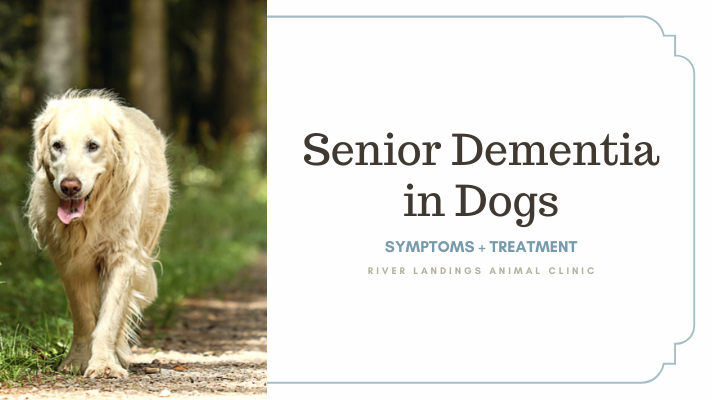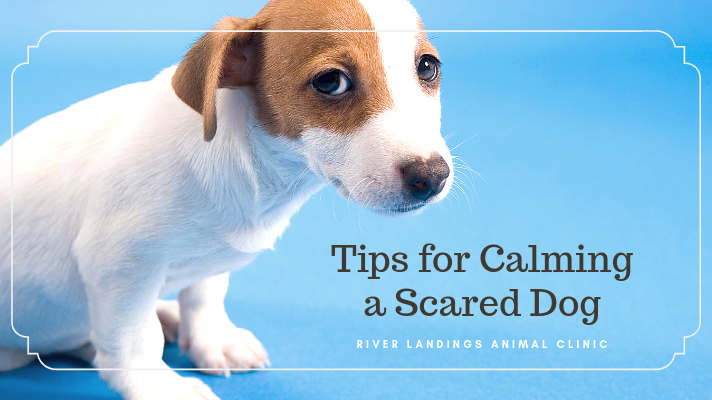Cats, unlike dogs, are discerning and less eager to please their owners. A cat probably won't come when called and rarely will even respond to its name. And while a rare forgotten trip to the litter box or food bowl shouldn't be cause for concern, when a cat seems unusually confused, disoriented, or uncoordinated, a visit to the vet is warranted. It could be suffering from acute sickness, a seizure disorder, or could have been exposed to an environmental toxin, causing a temporary lapse of normal behavior. Any abnormal behavior that continues for more than 24 hours or several times per week could be the result of a serious health issue. Note that a neurologic anomaly can only be diagnosed by a vet.
What Is Inappropriate Mentation?
Inappropriate mentation in cats refers to a host of disorders that can lead to disrupted cognitive functioning. This type of brain misfiring can result in memory loss, incoordination, and basic malfunctioning in everyday cat life. Sometimes these issues are small and acute, caused by temporary injury or inflammation. And sometimes brain disorders can be major, resulting in a compromised quality of life. Assessing the signs and discussing your concerns with your vet are the initial steps in the diagnosis and treatment of mentation disorders in cats.
Signs of Inappropriate Mentation
Cats learn by remembering, but a kitten who suffered an head injury early in life may have damaged the portion of the brain that affects short-term memory. A traumatic brain injury could account for difficulty remembering the location of food bowls or litter boxes. It can also explain an unsteady gait, incoordination, and balance issues. Traumatic injuries can also cause stunted growth. A new pet that seems to be on the smaller side for its age and breed, or a kitten who fails to grow, may have previously succumbed an injury. Seizure disorders can also cause disorientation, pacing, and confusion just following an episode. And old age can result in senility, presenting as forgetfulness, anxiety, and uncoordinated behavior. When witnessed over and over again, this could be confused for a more serious brain injury. Some infections (e.g. feline infectious peritonitis) cause damage to the portion of the brain that controls balance and walking. Affected kittens show severe trouble walking, but can otherwise live a normal and happy life.
Causes of Inappropriate Mentation
There is much debate over whether or not a cat can have a mental illness. If your cat's behavior seems off, it could be ill or could have a more serious problem with its nervous system. "Slowness" can be the result of brain damage due to injury, infections, environmental toxins, seizure disorders, genetic mutations, and even cognitive dysfunction in older cats. In the case of brain injury or infection, a functioning cat is a happy cat. If its setback doesn't interfere with your cat's daily functions, there's little you need to do about it. Get a firm diagnosis so you can take appropriate measures to prevent further seizures and neurological damage.
Cognitive dysfunction (or feline dementia) occurs most frequently in cats greater than 9 years old. If you adopt an older cat and feel like its personality is "off," it could be suffering from senility. In addition to general uncoordinated behavior, cats with dementia can also show unnecessary aggression and may display incontinence.
Diagnosis
At the vet's office, any potential brain injury is treated as an emergency, especially if it was a result of head trauma. So in addition to stabilizing your pet, the vet will perform an exam specifically looking at your cat's neurological system. The vet may determine an MRI or CT scan is needed. In the case of environmental toxin exposure—most specifically lead ingestion (which can cause a slew of neurological issues)— your vet will perform a blood test. If you cat has a seizure disorder, bloodwork is also recommended to rule in/out metabolic causes of seizures. MRI scans are done to rule out inflammatory conditions or tumors. Severe seizure cases require an EEG to measure the electrical activity in your cat's brain. For feline dementia, a vet will discuss your cat's full health history and, if necessary, perform blood tests to rule out other health conditions such liver or kidney disease.
Treatment
Any cat that suffers a potential head injury needs to be examined by a veterinarian. A vet will first stabilize the injured kitty using IV fluids and oxygen. However, a full recovery is not always guaranteed. After the injury, your cat may act different, lose its laser-sharp coordination, or have a change in personality. If this happens, the best you can do is provide a loving and supporting environment, reduce stressors, and eliminate unpredictable events as much as possible. Observe your cat's limitations and provide a lifestyle that works within them. Your veterinarian is an excellent resource for options.
Cats exposed to environmental toxins also need to be inspected by a vet, as the extent of exposure could be fatal. Treatment by a vet may include inducing vomiting, feeding your cat charcoal to absorb the toxin, administering IV fluids and medication, and time to process the toxin. If your cat has a full recovery, any neurological signs should eventually subside.
For seizure disorders (brought on by genetic conditions or other), a vet will prescribe medications to control the seizures. Most cats go on to live happy and healthy lives and any post-seizure temperament disorders should be alleviated.
There is currently no cure for feline dementia. Maintaining a good routine, providing options for exercise, and feeding your cat a high-quality food will help treat further decline. Supplements like omega-3 fatty acids, SAMe, and melatonin may improve brain function in older cats and aromatherapy with essential oils can ease anxiety.6 However some oils can be toxic to cats so you must seek your veterinarian's advice before exposing your cat to these products.
If you suspect your pet is sick, call your vet immediately. For health-related questions, always consult your veterinarian, as they have examined your pet, know the pet's health history, and can make the best recommendations for your pet.
Hear From Us Again
Don't forget to subscribe to our email newsletter for more recipes, articles, and clinic updates delivered straight to your e-mail inbox.
Related Categories:



